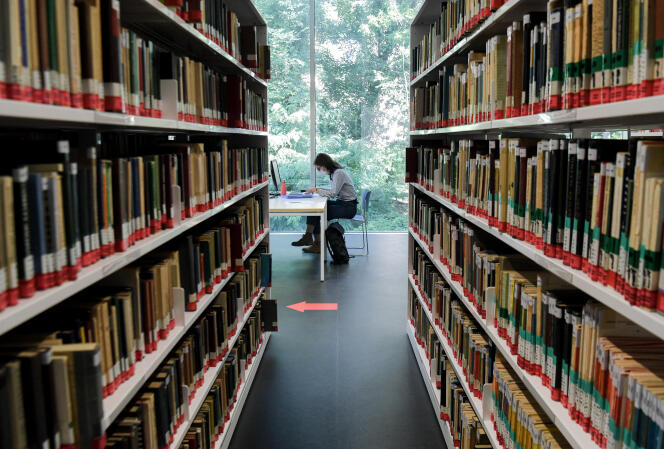


Celebrating its 20th anniversary this year, the Shanghai Ranking 2023 list, published on Tuesday, August 15, delivers no major surprises. For the 21st time, America's Harvard University leads the international rankings. Created in 2003 by China's Jiaotong University, this ranking, which examines over 2,500 institutions to identify the top 1,000, focuses on research activities in the hard sciences. As in 2022, Harvard is followed by two of its compatriots, Stanford University and the Massachusetts Institute of Technology (MIT), then by Cambridge University, one of two British institutions to feature – along with Oxford (7th) – in the top 15.
The top 100 universities in the 2023 Shanghai Ranking
For the first time, ShanghaiRanking, the consulting firm responsible for the ranking list since 2009, noted in its press release that China has more institutions in the ranking (191) than the USA (187). But with 12 of the top 15, the USA still dominates the list.
The first non-Anglo-Saxon university to appear in the ranking is French, Paris-Saclay, which has moved up one place since 2022 to 15th position, ahead of America's Johns-Hopkins, which has dropped two places. Created at the beginning of 2020 under the new status of experimental establishment – from which it is scheduled to gradually emerge as a leading French university by 2025 – the regional Paris university entered the rankings in 14th place the same year (moving on to 13th in 2021), becoming the first French higher education establishment to enter the top 15, all disciplines combined.
ShanghaiRanking uses six criteria to rank universities, the number of Nobel Prize winners and Fields medalists among alumni (10% of the final score), the number of Nobel Prize winners and Fields medalists among researchers (20%), the number of researchers most cited in their disciplines (20%), the number of articles published in the journals Nature and Science (20%), the number of articles indexed in Science Citation Index and Social Sciences Citation Index (20%) and, finally, academic performance in relation to the size of the institution (10%). Teaching quality, student success rates and graduate integration rates are not among the elements considered for this ranking, which is regularly criticized for the criteria it imposes on the definition of a "good" university.
Of the 1,000 institutions in the final ranking, 27 are French (more than a third of the country's universities), one fewer than in 2022. On the other hand, there are 18 among the top 500, two more than in the previous edition.
You have 42.56% of this article left to read. The rest is for subscribers only.
